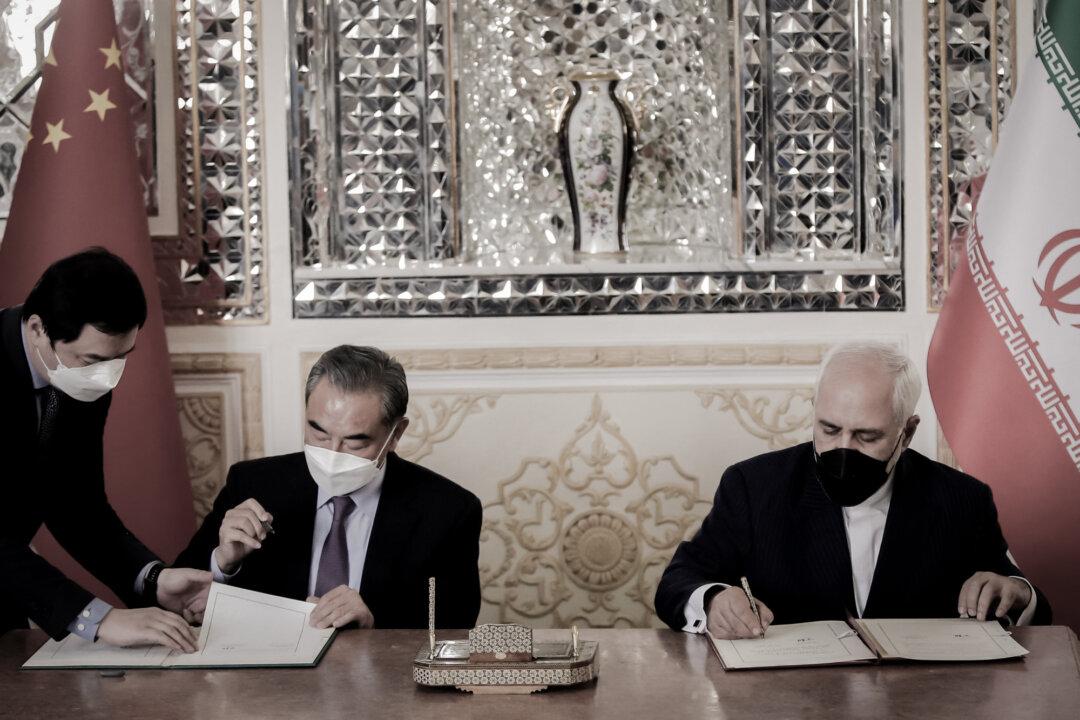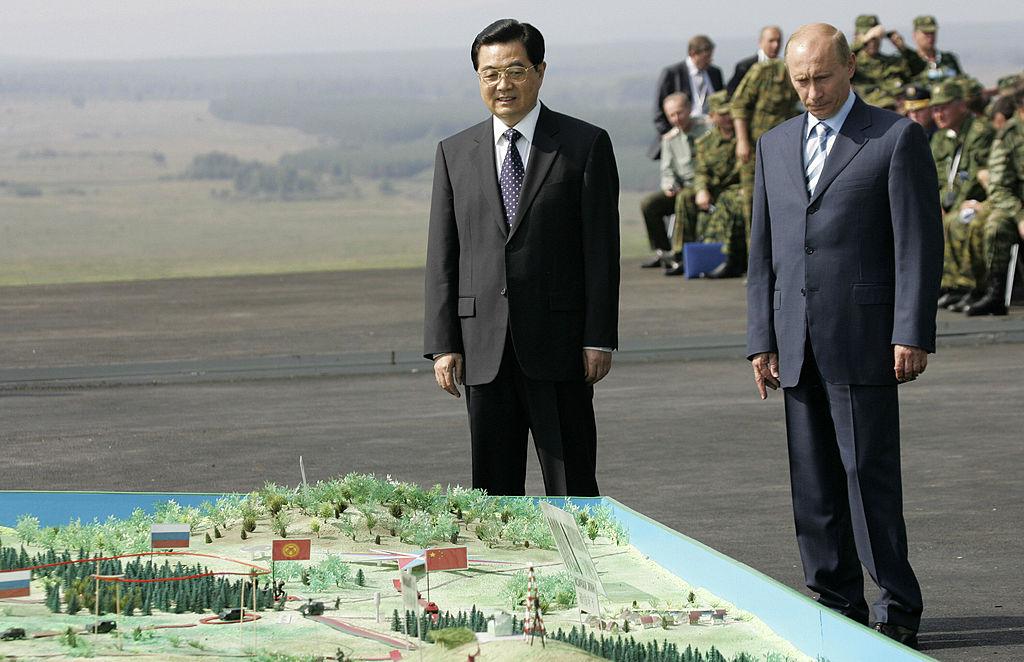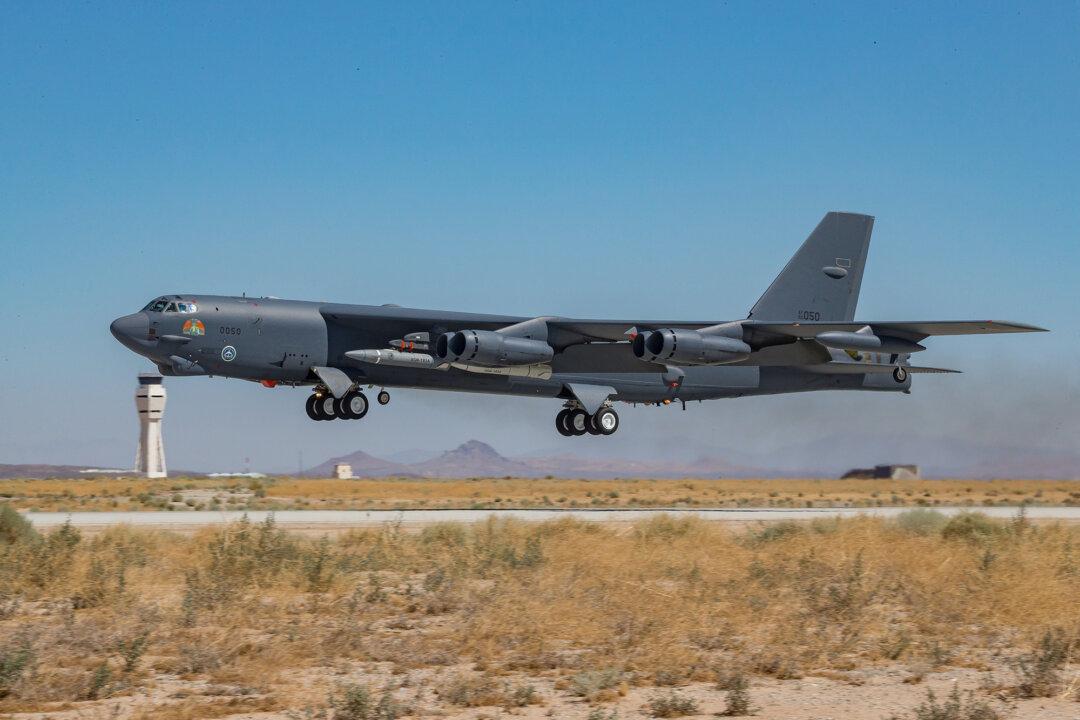Commentary
The Wall Street Journal recently revealed that an unprecedented meeting occurred in Geneva in December 2024 that addressed the ongoing series of cyberattacks on U.S. critical infrastructure. In this meeting, described as a “summit,” about 12 U.S. national security officials engaged in candid discussions with their Chinese counterparts.





